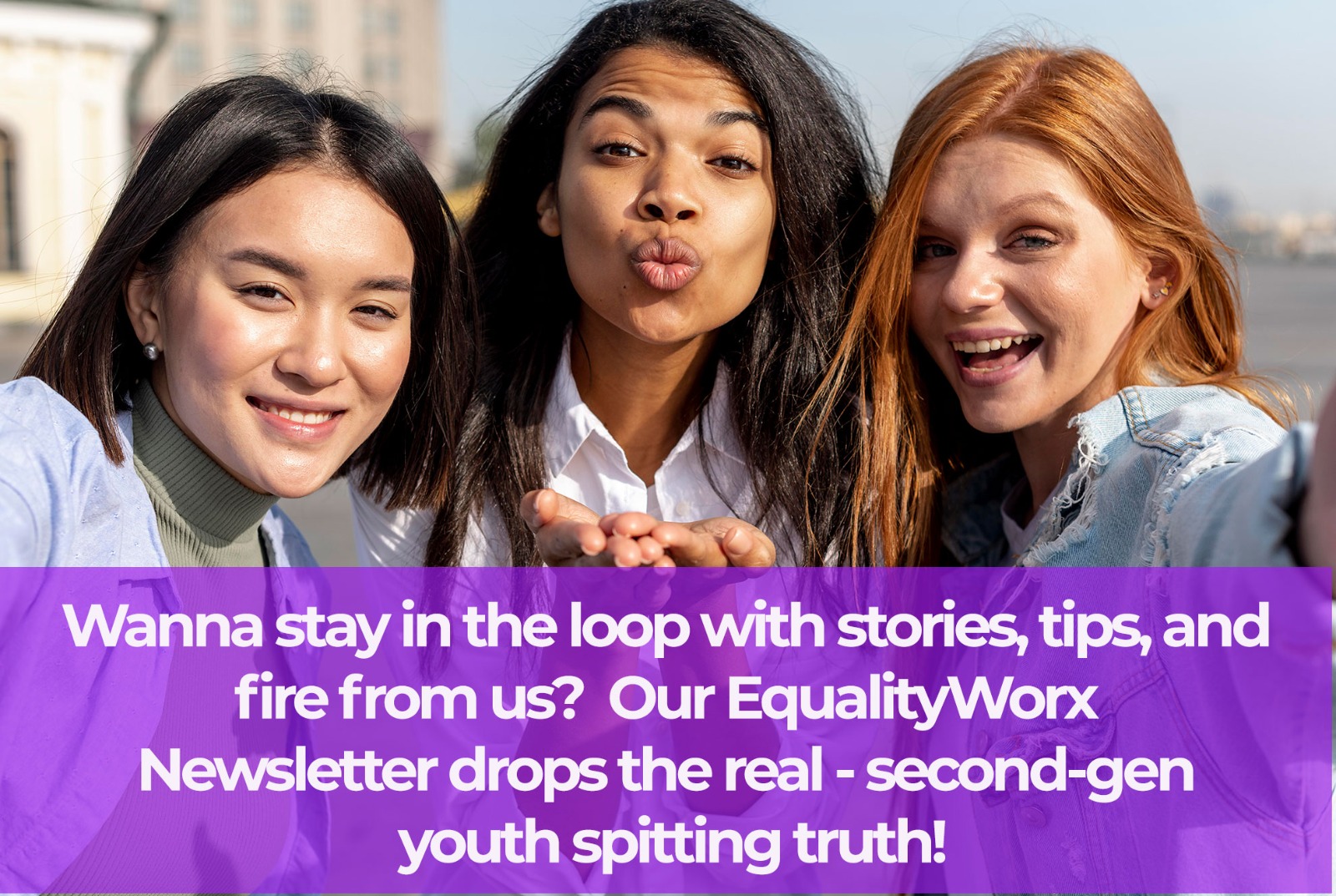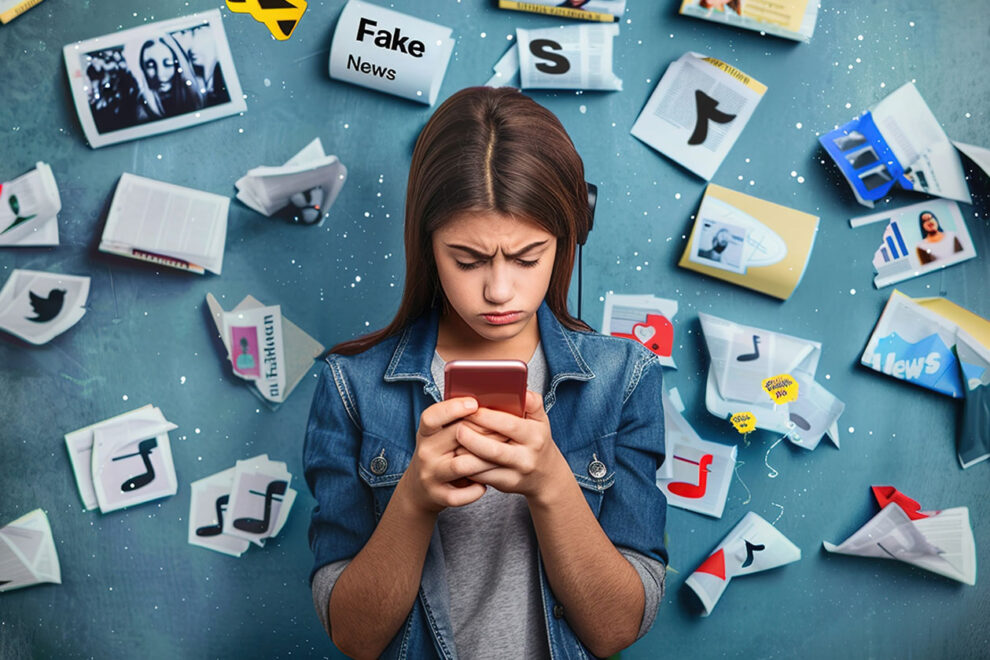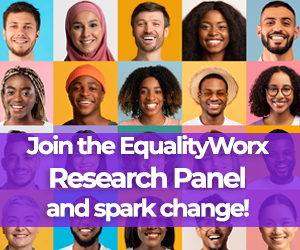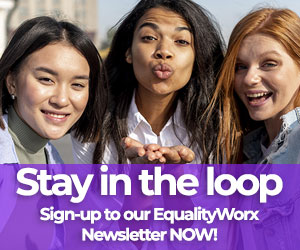What’s up EqualityWorx fam? Picture this: you’re 15, your best mate just sent you a funny Lulubu meme, and you’re about to post a TikTok about it that’s going to get a whole load of likes, shares and comments. Now imagine you log in – and boom, you’re locked out. Not because you broke a rule, but because your government decided you’re too young for social media. Sounds wild? In Australia, it’s about to become reality,
Australia’s Big Move: No Social Media Under 16
Australia’s always been a bit of a digital pioneer – sometimes for better, sometimes for “wait, what?” This December, they’re rolling out a law that bans anyone under 16 from using social media platforms. That’s right: Insta, TikTok, Snapchat, even YouTube could be off-limits for more than a million Aussie teens.
Why? Politicians say it’s about protecting mental health and shielding young people from online dangers like bullying and, let’s be honest, stuff like pornography that’s way too easy to stumble across. The mental health argument is strong: studies keep linking heavy social media use with anxiety, depression, and FOMO spirals. But the online safety angle is just as real – no parent wants their 12-year-old getting DMs from anonymous creeps or falling down a rabbit hole of explicit content.
Building the Plane While Flying It
But, nobody’s quite sure how this is actually going to work. The law kicks in soon, but the details are still fuzzy. How do you even prove someone’s age online? What about platforms like YouTube, which say they’re “just video streaming” but are basically social networks for Gen Z? The government is still figuring out what platforms count, what “reasonable steps” look like, and how to stop clever teens from simply using VPNs to dodge the ban.
Julie Inman Grant, Australia’s online safety commissioner, put it bluntly: “We may be building the plane a little bit as we’re flying it.” Translation: this is a huge experiment, and nobody knows if it’ll actually get off the ground.
The Global Copycat Effect
It’s not just Australia. New Zealand is drafting a similar law. France wants to ban under-15s from social media. In the US, states like Utah and Louisiana are trying to set age limits too. The vibe is clear: grown-ups everywhere are hitting the panic button about what social media is doing to young minds.
But here’s where it gets messy. Age verification tech is still clunky, and social media companies aren’t thrilled about being the internet’s bouncers. YouTube, for one, is pushing back, saying it’s a classroom tool as much as a social network. Teachers use it, parents use it, and – let’s be real -so does literally everyone else.
Is This the Right Move – or Just Wishful Thinking?
Critics say the law is a “sledgehammer” approach. Instead of making tech companies moderate harmful content better, it just tries to lock kids out entirely – something that’s never really worked in the history of the internet. Axel Bruns, a media professor in Queensland, calls it “law as wishful thinking.” If you build a wall, teens will find a way around it. That’s how the internet works.
Plus, banning kids from social media doesn’t stop them from seeing dodgy stuff on the wider web. It just means they might be less prepared to deal with it, or more likely to hide their online lives from parents and teachers.
The Real Conversation: Empowerment, Not Just Protection
Nobody is disputing there’s dodgy content out there. Yes, mental health matters. But social media is also how Gen Z and Gen Alpha connect, learn, and find their crew – especially for second-gen kids, LGBTQ+ youth, and anyone who doesn’t fit the “mainstream” mould. Banning platforms outright risks cutting off support networks and silencing voices that don’t always get heard IRL
What if, instead of just banning, we focused on teaching digital resilience? What if schools, parents, and tech companies worked together to help young people spot scams, dodge predators, and look after their mental health online? Empowerment beats blanket bans every time. And let’s also not forgot that there are parents who are far too busy working, or aren’t tech savvy enough to tune in fully to what their kids are up to. This is particularly significant when second-gen kids act as the English speaking and writing interface for their parents.
What’s Next?
Australia’s law is a bold move, and it’s got the world watching. If it works, expect more countries to follow. If it flops – or just drives teens to darker corners of the web – maybe it’s time for a rethink.
Second-gen Gen Z, you’re driving the convo on tech and mental health! How should Ireland protect young people online while keeping your voices front and center? Drop a 300–500-word story at equalityworx.com/share or post a TikTok with #EqualityWorxVibe – tag @EqualityWorx, and we’ll amplify your Gen Flow. Let’s spark digital rights, not just rules!
Share this content:
Join the EqualityWorx Vibe!
















